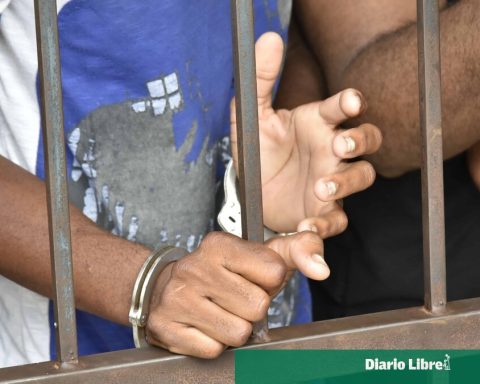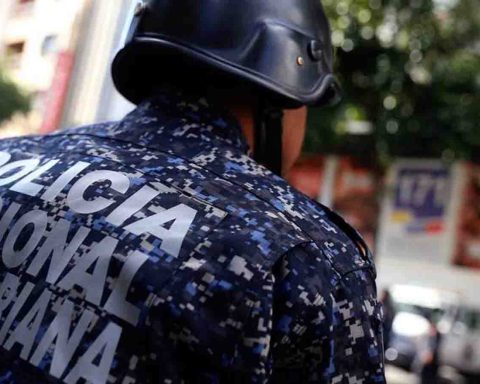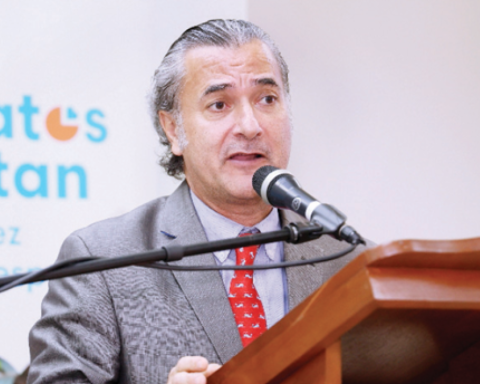
July 6, 2023, 10:37 PM
July 6, 2023, 10:37 PM
The journeys of immigrants trying to reach Spain in precarious boatsknown as pateras, s951 lives were claimed in the first half of the yearone every four and a half hours, the majority heading to the Canary Islands archipelago and on the so-called Algerian Route towards the Mediterranean coasts of Levante and the Balearic Islands.
That is the balance presented by the report regularly published by the Caminando Fronteras collective, the “Right to Life Monitoring”, which warns that some of the routes, “especially the Canary Islands”, are increasing “their deadly capacity”despite the fact that the official figures reflect a decrease in the number of arrivals.
From January 1 to June 30, statistics from the Spanish Ministry of the Interior show that 12,192 people arrived in Spain by boat, cayucos or inflatable boats4.17% less than in 2022.
Caminando Fronteras recorded in these six months 49 tragedies in boats bound for Spain, in which at least 112 women and 49 boys and girls perished.
The deadliest month was June, with 332 victims; followed by February, with 237; January, with 138; and April, with 130.
In 14 cases, the vessels involved in these tragedies They disappeared with all their occupants.
According to this organization, in these six months they died in boats heading to Spain citizens of 14 countries: Algeria, Cameroon, Ivory Coast, Comores Islands, Democratic Republic of Congo, Gambia, Guinea, Ethiopia, Mali, Morocco, Senegal, Syria, Sri Lanka and Sudan.
The report goes beyond the count of lives lost and makes an analysis of what is happening on the different routes, with very critical conclusions for both Spain and Morocco.
This NGO maintains that the Fatalities from maritime routes to Spain increase (according to his count, they are 13 more than those of the first half of 2022) despite the fact that the flow of boats has decreased because, on occasions, the necessary search means are not put in place or rescue operations are activated late.
He also denounced “bad coordination between the countries that must activate the relief services” and as an example, he cited the shipwreck of a pneumatic boat that occurred on June 21 about 160 kilometers south of Gran Canaria, in which 36 people died, with only two bodies recovered.
The NGO criticizes that it is not always assumed that a boat in the open sea, generally overloaded with people, is an unsafe vessel, exposed to serious risk.
He also speaks of “institutional racism”, based on the treatment suffered, for example, by the occupants of a boat rescued in May in the south of Gran Canaria, who recounted upon disembarking that they had been shot on their way outin Cape Bojador, on the North African Atlantic coast, and that two of his companions had died, badly injured, on the voyage.
Caminando Fronteras also perceives a “racist bias” in which protocols for the search for victims are not activated in the face of already known tragedies.
















